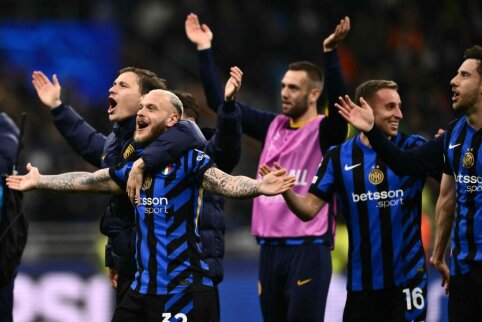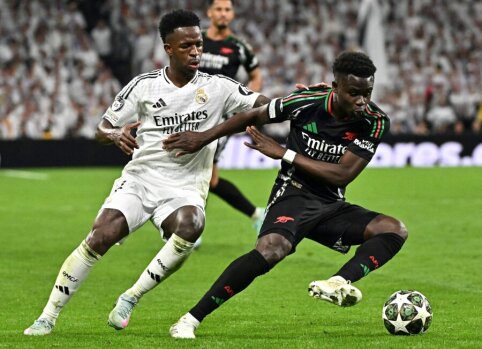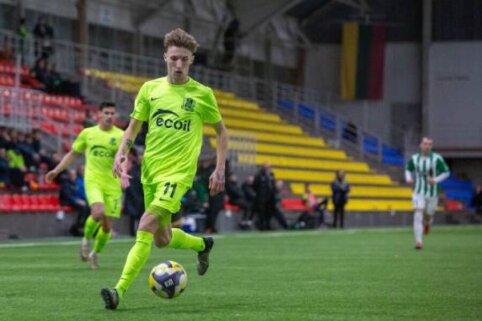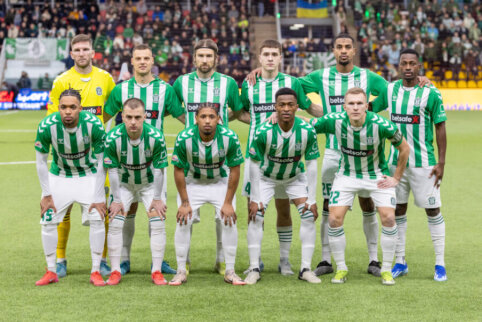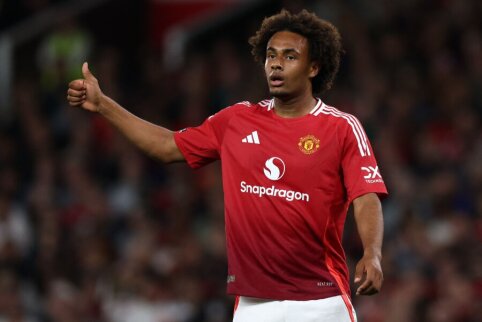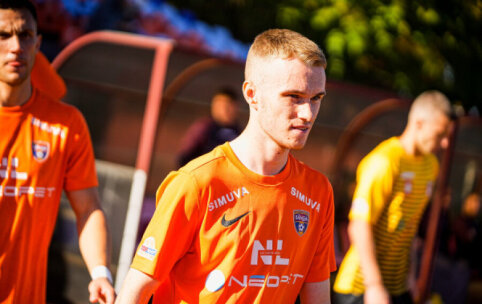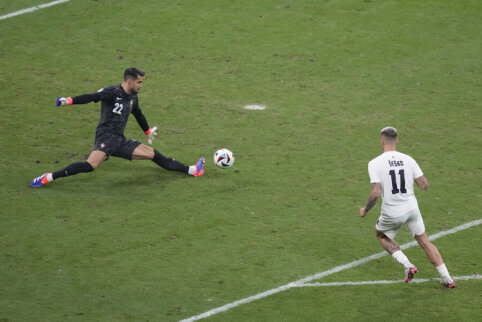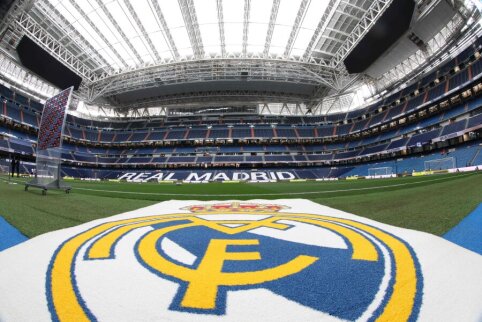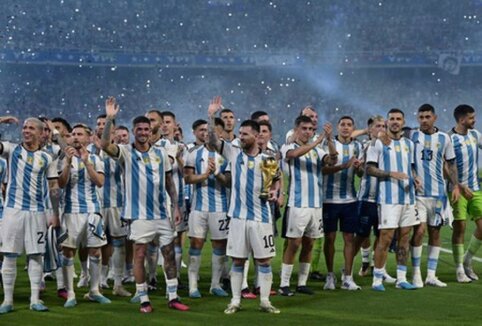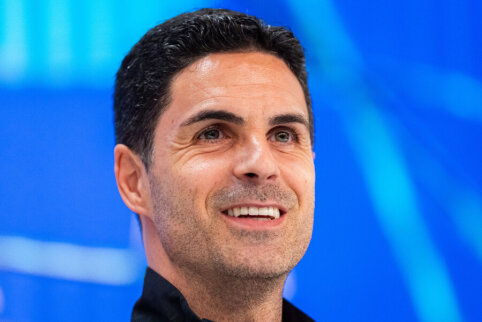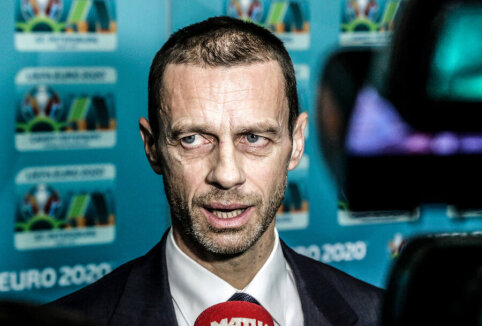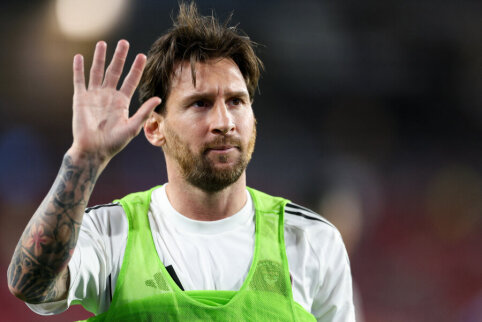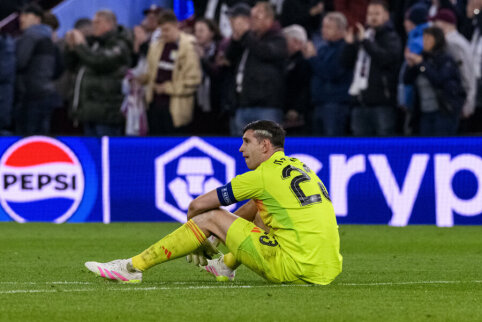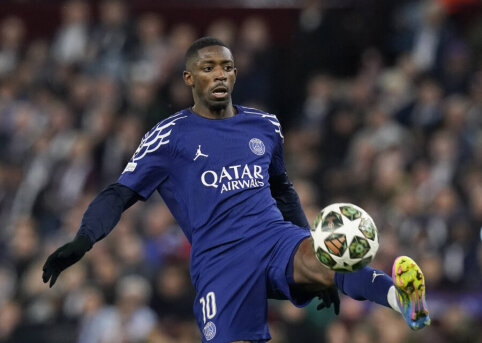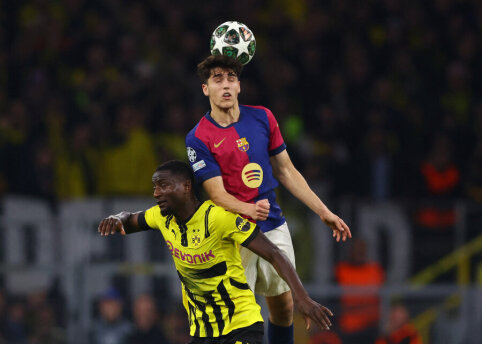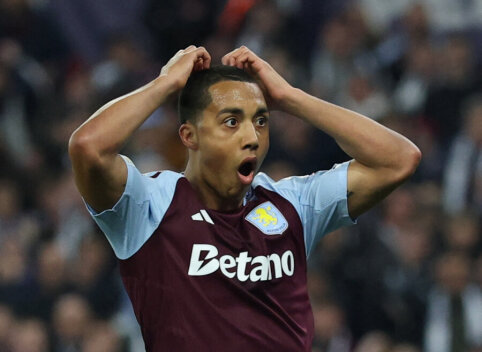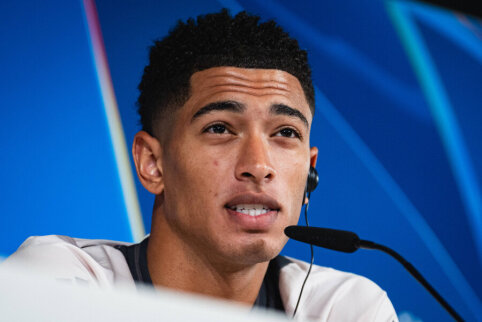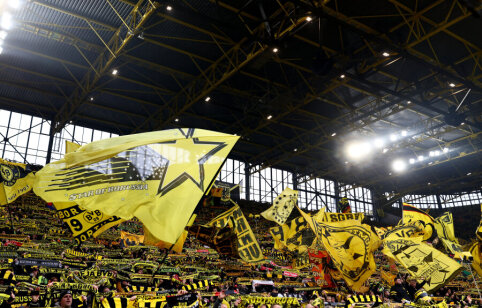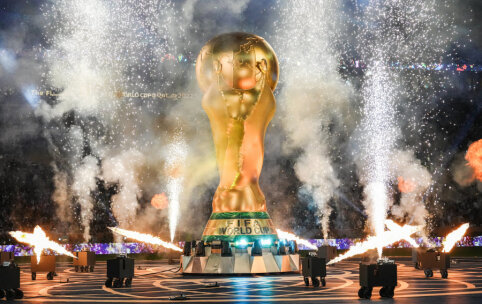 © EuroFootball.com
© EuroFootball.com
"Paris Saint Germain", "Manchester City" and a dozen other wealthiest European football clubs will officially find out next week whether they have violated financial fair play rules. In May, "Manchester City" players could become English champions, and "Paris Saint Germain" - French champions, but the leaders of these clubs are now worried not about the festivities, writes the newspaper "Lietuvos rytas". Next week, the special UEFA committee is expected to officially announce whether football clubs generously supported by Arab sheikhs have violated the rules of financial discipline. The richest continental teams face sanctions if it turns out that they are not adhering to the new UEFA financial policy. 1. How does the UEFA Financial Fair Play system work? UEFA announced a new financial fair play system in May 2010. Football clubs had three years to balance their budgets to "not spend more than they earn". At the end of February, UEFA inspectors demanded that 76 of the 237 European clubs participating in the tournaments submit additional documents on compliance with the requirements of the new financial policy. At the end of April, the UEFA Club Financial Control Committee (ICFC) reported that early in May they will announce their final decision on those clubs that have violated the new rules. 2. What losses are allowed? According to the existing UEFA Financial Fair Play rules, clubs can currently have up to EUR 45 million in losses accumulated over the past two seasons if they commit to eliminating this gap in their budget. The club that received the most suspicions this season, "Paris Saint Germain", officially announced that in 2012 and 2013 it had only EUR 9 million in losses. But the sponsorship agreement signed by the Paris club with the Qatar Tourism Bureau (QTA) raised many doubts among UEFA financial experts, which added another EUR 200 million to the PSG account. The state-owned "Qatar Sports Investment" (QSI) fund, owned by the emir of Qatar, bought 70% of the club's shares in May 2011, and in March 2012 became the sole owner of PSG, buying the remaining 30% of the shares. The UEFA Financial Fair Play rules prohibit football clubs from manipulating fictitious contracts with sponsors, so the Paris club's contract with a company directly owned by its owners may be declared void. Although PSG representatives claim that they help "promote Qatar through sports", these arguments have raised many questions for financial fair play experts. "I am not really sure that PSG respects financial fair play rules," admitted UEFA President Michel Platini in an interview with the "Parisien" newspaper. If the fairy tale contract with QTA is overestimated, taking into account the "real market value," PSG's budget will open up a huge gap, and the Paris club will not avoid sanctions. 3. Which European giants have come under the magnifying glass? Together with the PSG generously supported by the sheikhs of Qatar, another famous European club has come under the UEFA inspectors' magnifying glass. The "Liverpool" club, fighting for the Premier League title, suffered losses of EUR 110 million over two years. But the English club, like the "Monaco" competing in the French championship, did not play in European tournaments last season, so its documents will be especially carefully evaluated only in the fall. This season, London's "Arsenal", "Manchester United", and London's "Chelsea" did not violate financial fair play rules, but "Manchester City" club's losses over two seasons have already reached EUR 181 million. Representatives of another Premier League leader defend that these expenses were caused by the construction of a new training center and football academy. But UEFA inspectors also have suspicions about the "Manchester City" sponsorship agreement with "Etihad Airways." This airline is led by the half-brother of the owner of "Manchester City" sheikh Mansour. In Spain, the "Valencia" and Madrid "Atletico" clubs also came under the magnifying glass, which also exceeded the allowable limit of losses. 4. What are the risks for clubs? In theory, they can even be expelled from all UEFA competitions. Last year, it happened to the "Malaga" club, which did not settle with its players and employees within the time provided by UEFA. But M. Platini this time rules out the possibility of the strictest punishment. The UEFA president now threatens other "serious sanctions." Unruly clubs may be fined, the frozen amounts allocated for players' salaries in the budget, or a ban on buying new players this summer. But clubs that violate financial fair play rules also have leverage to oppose an unfavorable UEFA decision. They can appeal to the Court of Arbitration for Sport in Lausanne (CAS), hoping that it will satisfy their appeal before the end of the player transfer period (from June 9 to September 2). 5. Are the financial fair play rules effective? The recent UEFA report on European football finances shows that clubs have taken into account the new rules. In 2012, the amount allocated for player salaries, which on average makes up about 65 percent of the club's budget, did not increase faster than the club's revenues, making up 7 percent of the budget. For the first time in the last six years, the deficit of European club budgets has decreased (from 1.7 to 1.1 billion euros). UEFA called this fact a "reassuring trend." But there are still 38 out of 53 national football championships in European countries that are still in the red. Six championships have joined this group compared to 2011. "We have a lot of work to do to reduce these losses," admites UEFA. ("L’Equipe", LR).

